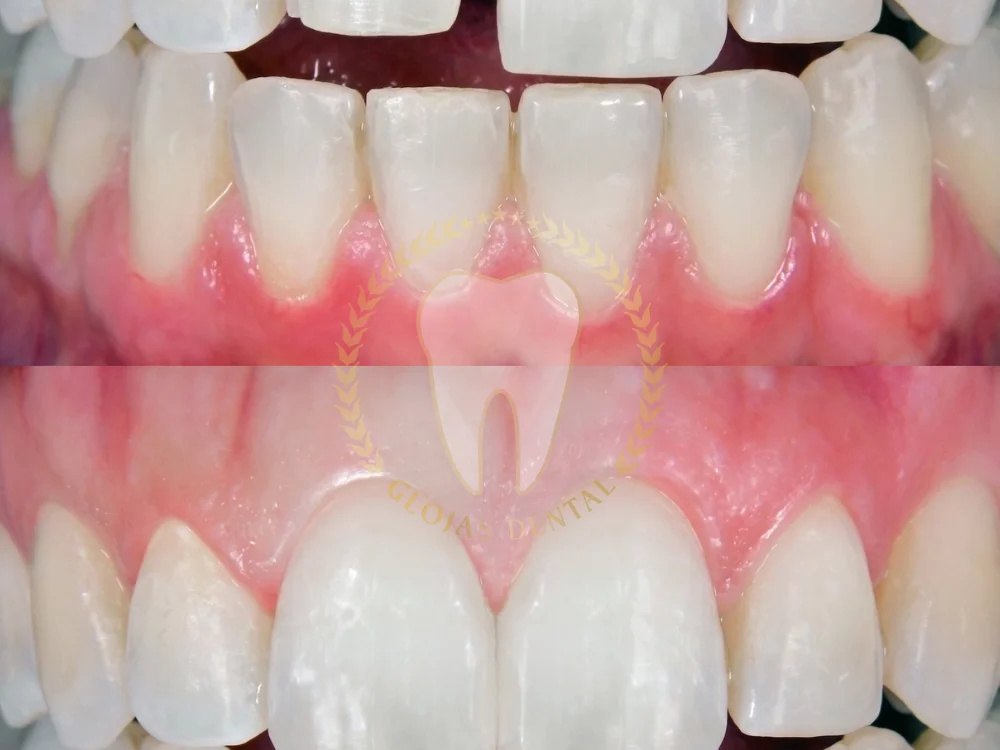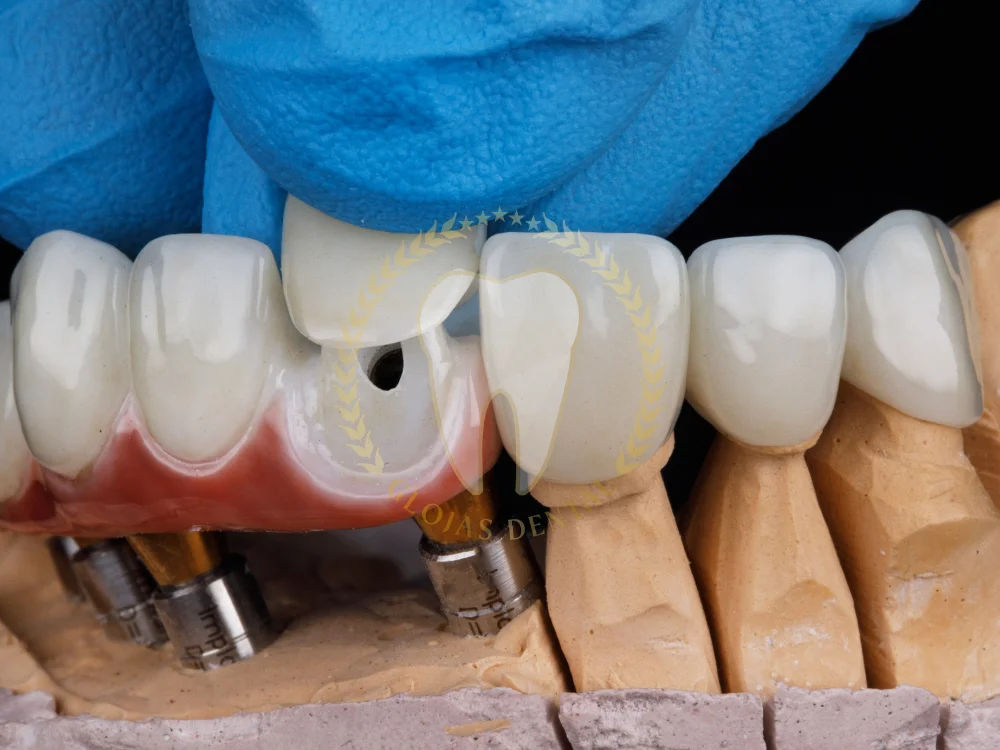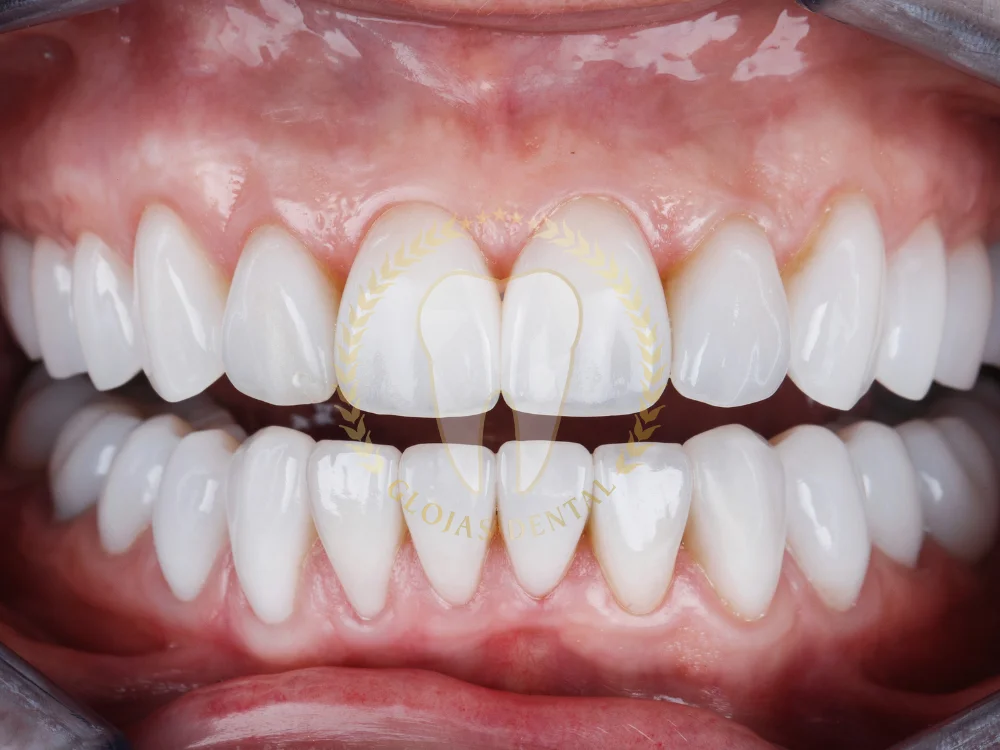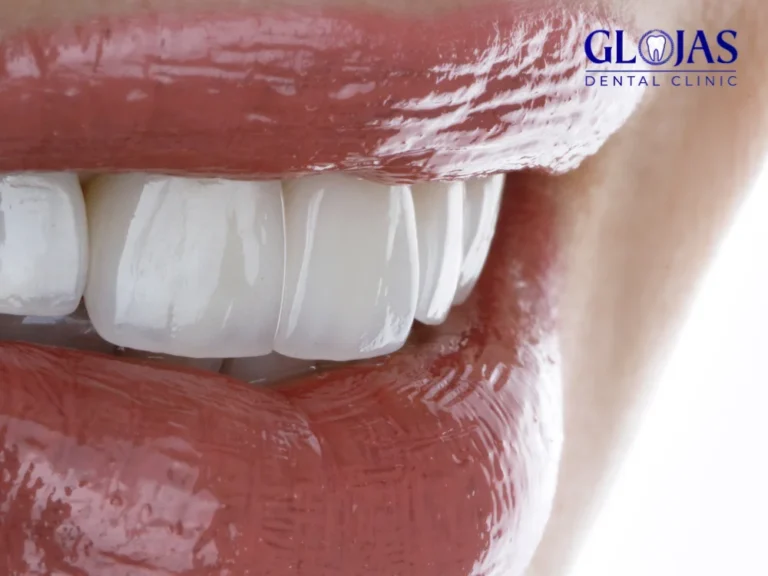A confident smile is often the first thing people notice about you, but for those with chipped, discolored, or misaligned teeth, smiling can become a source of insecurity. Fortunately, dental veneers offer a quick and effective solution to achieving the perfect smile you’ve always dreamed of. Whether you’re preparing for an important life event or simply looking for a confidence boost, dental veneers could be the game-changer you need.
In this comprehensive guide, we’ll explore everything you need to know about dental veneers, including their benefits, types, costs, and aftercare tips to maintain their longevity.
What Are Dental Veneers?
Dental veneers are thin, custom-made shells crafted from materials like porcelain or composite resin that cover the front surface of teeth. These shells are bonded to your teeth to improve their appearance by altering their color, shape, size, or length. Dental veneers are a popular cosmetic dentistry procedure because of their ability to deliver fast and dramatic smile transformations.
Dentists often recommend veneers for patients with:
- Discolored or stained teeth
- Chipped or broken teeth
- Gaps between teeth
- Misaligned, uneven, or irregularly shaped teeth
Why Are Dental Veneers So Popular?
The growing popularity of dental veneers stems from their ability to deliver long-lasting, natural-looking results. With advancements in dental technology, veneers today are more durable, stain-resistant, and aesthetically pleasing than ever before.

Types of Dental Veneers
When it comes to dental veneers, there are two primary types to choose from:
Porcelain Veneers
Porcelain veneers are thin shells made of high-quality ceramic material. They are custom-crafted to match the color and shape of your natural teeth, making them virtually indistinguishable.
Advantages of Porcelain Veneers:
- Durable and long-lasting (up to 15 years)
- Highly stain-resistant
- Provide a natural tooth-like appearance
- Require minimal enamel removal
Composite Resin Veneers
Composite veneers are made of tooth-colored resin that is applied and shaped directly onto the tooth. These veneers are more affordable than porcelain veneers but may not be as durable or stain-resistant.
Advantages of Composite Resin Veneers:
- More budget-friendly option
- Quick application (often in a single visit)
- Easier to repair compared to porcelain veneers
The Procedure: How Are Dental Veneers Applied?
The process of getting dental veneers involves several steps to ensure a perfect fit and natural look. Here’s a breakdown of the procedure:
1. Consultation and Treatment Planning
Your dentist will evaluate your oral health, discuss your goals, and determine if dental veneers are the right solution for you. This step may include X-rays and impressions of your teeth.
2. Tooth Preparation
To prepare your teeth for veneers, the dentist will remove a thin layer of enamel (about 0.5mm) to make space for the veneers. This ensures a seamless fit and natural appearance.
3. Impressions and Temporary Veneers
After tooth preparation, the dentist will take impressions of your teeth to create custom veneers. While waiting for the permanent veneers, temporary veneers may be placed.
4. Bonding the Veneers
Once the veneers are ready, the dentist will carefully bond them to your teeth using a special adhesive. They will make final adjustments to ensure the perfect fit, shape, and color.

7 Life-Changing Benefits of Dental Veneers
Instant Smile Transformation
With dental veneers, you can achieve a brighter, straighter, and more uniform smile in just a few appointments.
Minimally Invasive Procedure
Compared to other dental treatments, getting veneers requires minimal enamel removal, preserving the majority of your natural teeth.
Durability and Longevity
Porcelain veneers can last up to 15 years with proper care, making them a worthwhile investment.
Stain Resistance
Porcelain veneers are resistant to stains caused by coffee, tea, wine, or tobacco, helping your smile stay brighter for longer.
Boost in Self-Confidence
A beautiful smile can significantly improve your self-esteem, positively impacting your social and professional life.
Corrects Multiple Dental Issues
From discoloration to misalignment, veneers can address a variety of cosmetic dental concerns in one procedure.
Low Maintenance
Veneers require no special care beyond regular brushing, flossing, and dental check-ups.
How Much Do Dental Veneers Cost?
The cost of dental veneers varies depending on the material, the number of veneers needed, and the location of the dental clinic. On average:
- Porcelain Veneers: $900 to $2,500 per tooth
- Composite Veneers: $250 to $1,500 per tooth
While porcelain veneers are pricier, they last longer and offer better aesthetics. Most dental insurance plans do not cover veneers since they are considered a cosmetic procedure, but financing options are often available.
How to Care for Your Dental Veneers
To keep your dental veneers looking their best, follow these tips:
- Brush your teeth twice daily with a non-abrasive toothpaste.
- Floss regularly to prevent plaque buildup.
- Avoid chewing on hard objects like ice or pens.
- Limit consumption of stain-causing foods and drinks.
- Visit your dentist regularly for professional cleanings and check-ups.
Are Dental Veneers Right for You?
If you’re unhappy with your smile and looking for a durable, natural-looking solution, dental veneers could be the perfect option for you. However, it’s important to consult with a qualified cosmetic dentist to ensure veneers align with your dental needs and goals.

Frequently Asked Questions
1. What is the difference between veneers and crowns?
Veneers are thin shells that cover the front surface of teeth, while crowns cover the entire tooth. Veneers are primarily cosmetic, while crowns provide structural support.
2. Do veneers ruin your natural teeth?
No, veneers do not ruin your natural teeth. However, a thin layer of enamel is removed during preparation to ensure a proper fit.
3. Are dental veneers permanent?
Dental veneers are considered a permanent procedure since enamel removal cannot be reversed. However, veneers themselves may need replacement after 10-15 years.
4. Do veneers stain over time?
Porcelain veneers are highly stain-resistant, while composite veneers may stain over time if not cared for properly.
5. Can you get veneers on crooked teeth?
Yes, veneers can improve the appearance of mildly crooked teeth. However, for severe misalignment, orthodontic treatments may be recommended first.
6. How long does it take to get dental veneers?
It typically takes two to three dental visits over a few weeks to complete the veneer process.
Final Thoughts
Dental veneers offer a life-changing solution for anyone looking to enhance their smile quickly and effectively. From correcting imperfections to boosting self-confidence, veneers have become a trusted option for achieving the perfect smile. With proper care, they provide long-lasting, stunning results that can truly transform your life.

